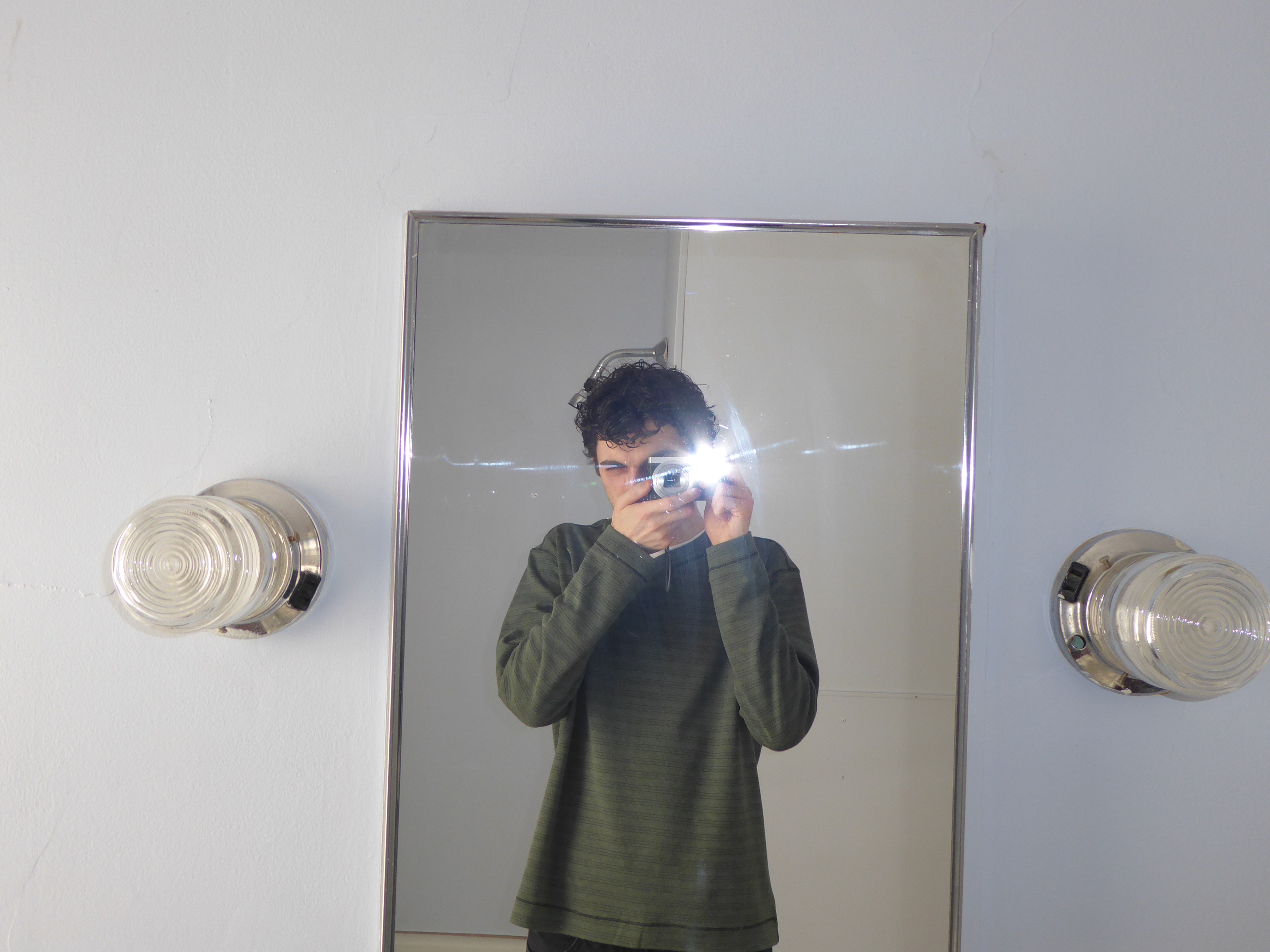SAGE, FEATURED IN THE NEW OCEAN STATE REVIEW

Tiresias’ Seven Years as a Woman
When his mother
bade him join her in her
dressing rooms,
she watched him
carefully finger
the delicate necklaces,
the hoop earrings,
the gold armbands.
How he lingered
on the jewelry,
the fine gowns
and wraps, the sultry
backward-facing steps
of the dancers. Her child
had never seen
the world beyond
their island, the great
war ships and the powers
of the gods.
You could be this way,
she said, her hand on her
breast. And he said, How
would I know if I were?
Do you want it? she asked.
Yes, said her son, I want.
Then, said the mother,
it is done, and she
loved him to his desolation.
Sage on “Tiresias’ Seven Years as a Woman“
The original impetus for “Tiresias’ Seven Years As A Woman” came as a response to Anne Carson’s “On Walking Backwards,” a small prose piece from Plainwater (1995). This “short talk,” as Carson describes it, involves a relationship between the speaker and their mother, who forbids her children from walking backwards as it is “how the dead walk.” The talk ends with the concession that the dead are “victims of love,” and I liked the idea of how someone could be love’s victim. I had already been wrangling with the urge to write about Tiresias as a trans/gender non-conforming figure. The two ideas merged in this poem, which originated as a prose form in response to Carson’s piece and also used a dialogue with a mother. Did Tiresias have a good relationship with his mother? Do seers even have mothers? Or do they spring up from the underworld fully-formed and spouting prophecy? These questions were less important to me than what his mother represents in the poem, which is another way of being, a gender or an identity or a kind of self which had before been unavailable to Tiresias. Another important thing I wanted to do in this poem was push against the original myth wherein Tiresias becomes a woman through a curse. So much of transness and queerness is often portrayed as a “curse,” a thing which befalls, and thus upsets, a person, their family, or a friendship. The coming-out narrative, for example, especially a poorly received coming-out. In this I wanted Tiresias to choose, to want his own queered identity, and for his mother to be the one to give it to him.
Sage received their MFA in Creative Writing from Saint Mary’s College of California. They are the founder and editor of Saga City. Their poems appear in Angel Rust, Drunk Monkeys, Foglifter, Gasher, North American Review, The Rumpus, and elsewhere. They live and teach in Western Massachusetts.
